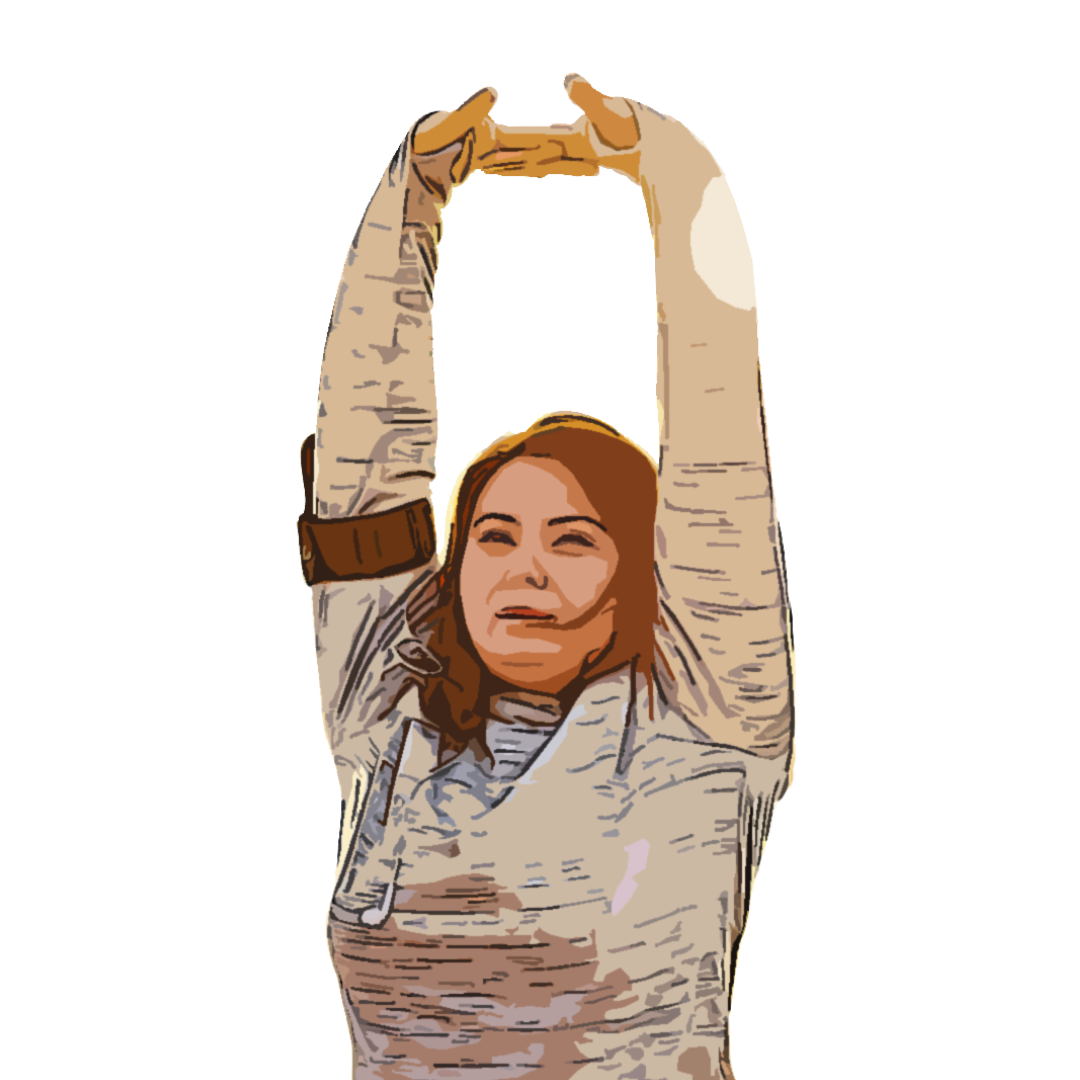Your Health › Weight Loss
Weight Loss
On the journey to a healthy life, your decisions can’t be simplified down to one universal solution. Almost everything that you do in your day-to-day life can effect your overall health and livelihood.
Your Health Journey
Almost everything we do contributes to how our body fluctuates in weight. From what substances you put into your body, to your mental health, and even your sleeping habits; All of these behaviors can positively or negatively impact overall health. According to a 2015-2018 study from the CDC’s National Center for Health Statistics, over 17% of adults in the United States aged 20 and over were on a special diet on a given day, with the most common type of diet being reported as a “weight loss or low calorie diet.”*
One of the great questions of today is “what can we do about it?” And for that, there are many answers. This page will share with you some activities, habits, and tips to help aid in your weight loss journey.

Hormone testing kits to aid in your health journey:
Your doctor may advise you to have your hormone levels checked which can be done using a ZRT kit. The results from a testing kit can be used to determine what levels of hormones are in your body and once discussed with a doctor can help you to create a roadmap to a healthier life. The test can also determine hormone imbalances and other deficiencies that may be linked to health conditions including weight gain.
Learn More
Activities that may influence weight fluctuation
Sleeping Habits
Make sleep a priority! It is easy to get distracted and busy with family, jobs, social life, and more. Some studies have shown that lack of sleep can aid in weight gain. When you dont sleep well enough, many studies show that it can negatively affect your weight. When you skip sleep or are tired the following day, you are more likely to eat a larger portion, drink more fluids, and skip any planned exercise or outing you had scheduled. Learn more about the interesting effects on sleep and weight by reading this Webmd article: https://www.webmd.com/diet/sleep-and-weight-loss
Medications
Some medications can cause a person to gain or lose weight. For example, people taking corticosteroids generally have the side effect of weight gain due to altering the bodies metabolism. Other medications can cause an increase in or a loss of appetite, leading to weight gain or loss.
Exercise
Staying fit may help someone burn calories and lose weight. This happens by burning fat during the exercise period, and gaining muscle by stimulating your muscles during a workout. Here are some examples of popular activities and how many calories they burn per hour:
Walking: 150-300 per hour
Lifting weights: 350-550 per hour
Running: 590-1,000 per hour
Please note, calories lost in a one hour period can vary based on body weight and intensity of the exercise.


